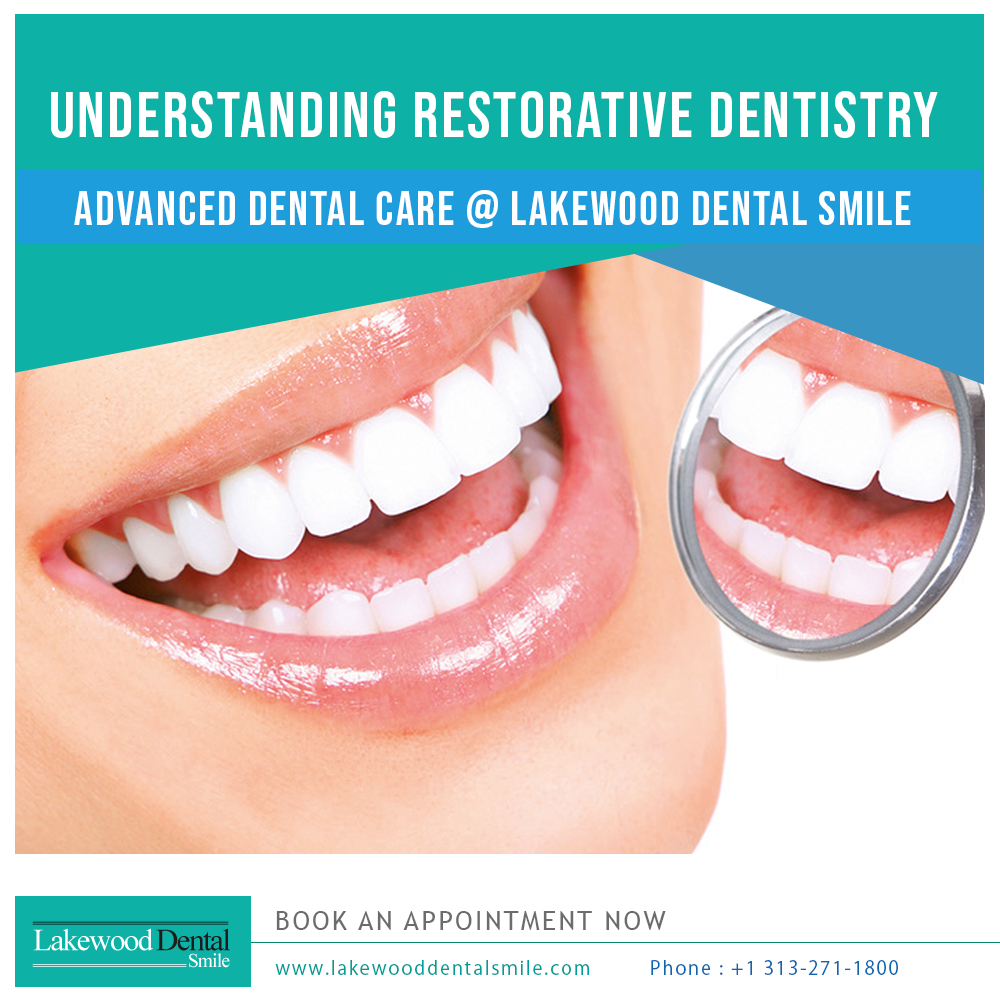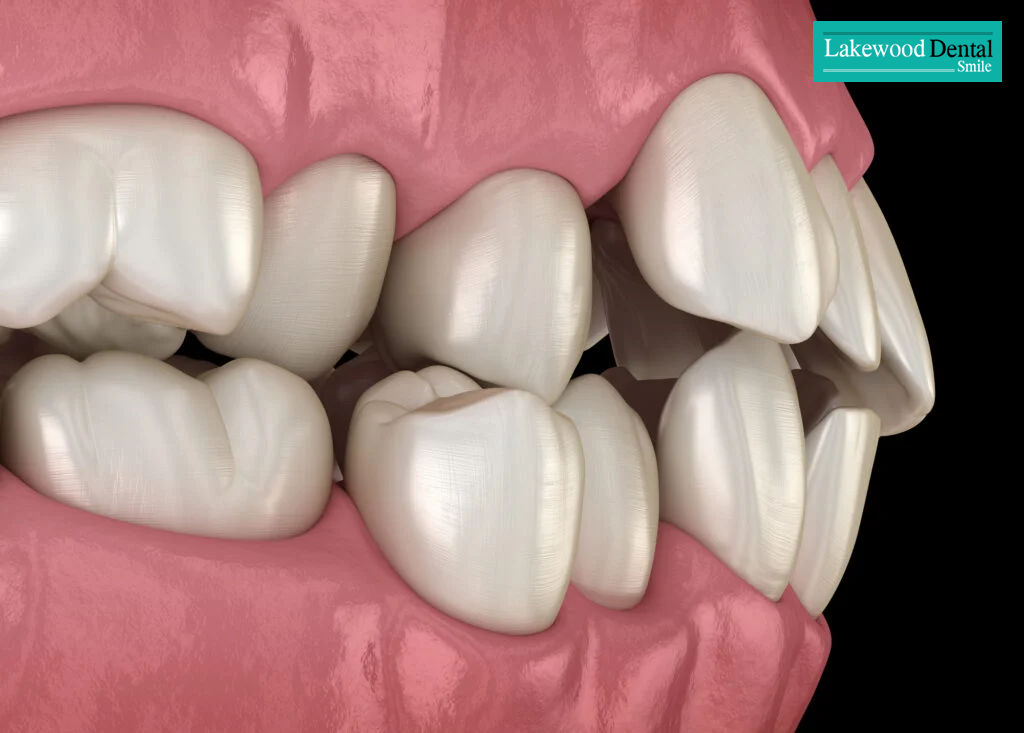Restorative dentistry plays a crucial role in repairing damaged or missing teeth, improving oral function, and enhancing your smile. Modern restorative options — including fillings, crowns, bridges, implants, and root canals — not only restore teeth but also help prevent future oral health problems. By understanding restorative dentistry, patients can make informed decisions and maintain a healthy, confident smile for years to come.

Common Restorative Dentistry Procedures
Fillings
Fillings are used to repair cracked, chipped, or decayed teeth. Modern options include amalgam (silver), composite resins (tooth-colored), and gold fillings. The procedure involves removing decayed portions of the tooth, cleaning the cavity, and carefully placing the filling material. This not only restores tooth function but also prevents further decay. For example, a patient with a small cavity on a molar can avoid more extensive treatments like a crown by getting a properly placed filling.
Crowns
Dental Crowns strengthen damaged teeth and enhance their appearance, shape, and alignment. They are placed over a prepared tooth or on top of a dental implant to recreate natural tooth function. Materials include porcelain, ceramic, or metal-ceramic, which can be matched to the natural tooth color. Crowns are particularly beneficial for teeth weakened by decay or fractures, as they provide a long-lasting, durable solution.
Bridges
Dental bridges fill the gap created by one or more missing teeth. A bridge typically uses two or more crowns on the teeth adjacent to the gap (abutment teeth) and attaches one or more artificial teeth in between. Bridges restore chewing efficiency, maintain facial structure, and prevent remaining teeth from shifting out of place. For instance, a patient missing a premolar can regain proper chewing function and smile aesthetics with a well-fitted bridge.
Implants
Dental implants are artificial teeth with root-like extensions that are surgically placed into the jawbone. The implant acts as a stable foundation for a crown, bridge, or denture. Implants help preserve jawbone integrity, prevent shifting of adjacent teeth, and provide long-term stability. Patients who lose teeth due to decay, injury, or congenital absence can restore both function and confidence with dental implants.
Root Canal
Root canal therapy addresses infection or damage within a tooth’s root. The procedure involves removing unhealthy tissue, cleaning and shaping the canal, and sealing it with biocompatible material. This treatment preserves the natural tooth structure, relieves pain, and prevents further infection. For example, a patient with a deep cavity reaching the pulp can save their tooth rather than extracting it, maintaining a natural smile.
Benefits of Restorative Dentistry
- Maintains Dental Structure: Preserves tooth integrity and prevents further damage.
- Long-lasting Solutions: Implants and crowns are durable and can last many years with proper care.
- Eliminates Discomfort: Repairs reduce sensitivity and pain, improving daily oral comfort.
- Enhances Appearance: Restorations improve the look of your smile, boosting confidence.
- Convenient and Effective: Modern techniques offer minimally invasive, predictable results.
Patient Scenario
John, a 45-year-old patient, lost a molar due to decay and struggled with chewing. After consultation, he received a dental implant with a crown. Within weeks, John regained full chewing ability, avoided further jawbone deterioration, and felt confident smiling again. This scenario highlights how restorative dentistry restores function, aesthetics, and oral health.
Aftercare and Maintenance Tips
- Maintain Oral Hygiene: Brush and floss daily to protect restorations and natural teeth.
- Regular Dental Visits: Schedule professional cleanings and check-ups every six months.
- Avoid Hard Foods: Prevent cracking or damaging crowns, bridges, and fillings.
- Follow Dentist Instructions: After implants or root canals, adhere to specific care guidelines for healing and longevity.
Conclusion
By understanding restorative dentistry, you can restore lost teeth, protect oral health, and enjoy a confident, radiant smile. For expert guidance and comprehensive dental care in Michigan, Lakewood Dental Smile provides fillings, crowns, bridges, implants, dentures, and more. Schedule an appointment today to regain both function and aesthetics safely.



